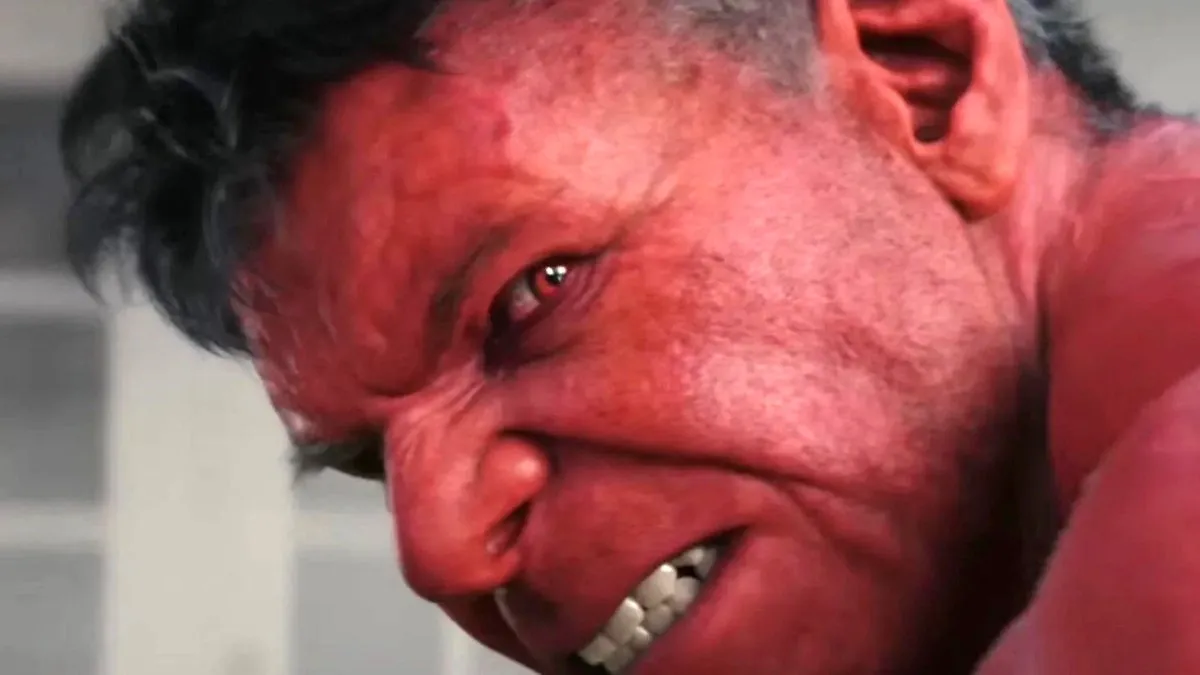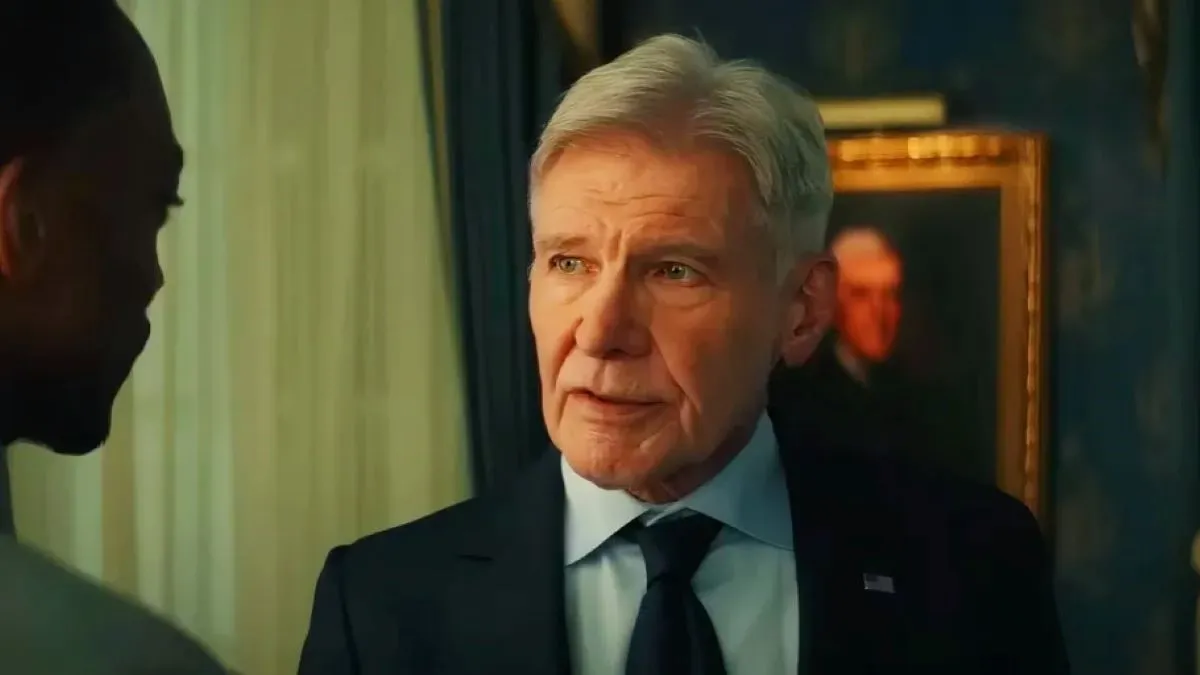
When those early Captain America: Brave New World reactions first began circulating, it seemed no one could agree on anything. Every praised action sequence was met with a laceration of its plot, and every praised plot point was met with a laceration of an action sequence. As a result, we all geared ourselves up for a mixed Marvel bag here; not quite an Infinity Saga-level production, but not total slop, either.
Then the reviews started coming in, which eventually brought us to the current 50% approval rating on Rotten Tomatoes, the third-lowest in the entire universe thus far, ahead of Eternals (47%) and Ant-Man and the Wasp: Quantumania (46%).
But then I actually got my own eyes on this specimen, and I remember having two very distinct thoughts during that excursion. The first was at the beginning; one of dread when I noticed the lack of the classic MCU title card and music. The second was at the end; one of utter mortification upon realizing it was prophetic of Marvel Studios’ faith in itself, as well as the franchise that it continues to recklessly torpedo.

Captain America: Brave New World is the lowest that the MCU has ever gone in terms of cinematic releases, and it’s not even close. What was pitched to us as an “old-school Marvel” political thriller was instead a roundup of aged loose ends that were Frankensteined into three, threadbare plotlines that hold up even less when they try and fit together. Needle drops and contrived moral monologues from Sam Wilson try and tread water but only sink the ship further, all while it pretends to be clued into the cultural climate despite working overtime to remain as narratively docile as possible.
Indeed, we’ve gone beyond mere market-driven and product-first filmmaking with Brave New World; we’re now at a point where Marvel Studios could arguably be accused of making its own downfall an item of its perverted objectification. Studio meddling is now the grotesque main course when it was once just an irritant that had to be worked around, like shoveling snow or putting on sunblock.
In Guardians of the Galaxy Vol. 3 and Black Panther: Wakanda Forever — two Phase Four films and the last real bastions of the good that this franchise could do — James Gunn and Ryan Coogler still had to deal with those CGI army fights, but they hardly registered as drawbacks given how strong both of their films were. The ill-fated Eternals and Quantumania were not as lucky, but even then, you could still identify the necessary tweaks needed to actualize a good version of those films (namely, axe Kingo, Thena, and Gilgamesh from the ensemble, and trap Ant-Man in the Quantum Realm so as to tee up what should have been Cassie Lang’s arc).
You can do no such thing with Brave New World. There’s no mistakes to be fixed because there’s no basis for what this story wants to do, which is directly a result of Marvel Studios trying to make this film as consumable as possible for everyone everywhere. If you stand for nothing, you can’t be disliked, but you certainly won’t be respected. Sam Wilson tells us what he’s dealing with, but then doesn’t live it out in the plot. Brave New World is an impression of a xerox of an idea of a story, drenched in Marvel’s sugary IP to try and make up for it.
With Thunderbolts* and The Fantastic Four: First Steps on the horizon — not to mention the wealth of storytelling talent populating James Gunn’s DC Universe as opposed to Marvel’s legion of yes men — Brave New World was the last film that Marvel Studios could afford to get wrong. If Marvel so much as flirts with this degree of narrative carelessness again, it’s going to be curtains on the Feigeverse, and we’ll be all the better for it.